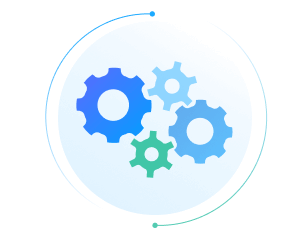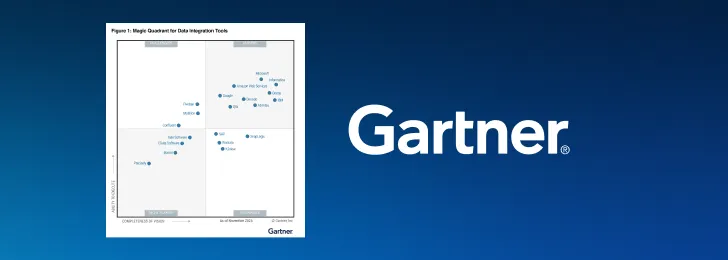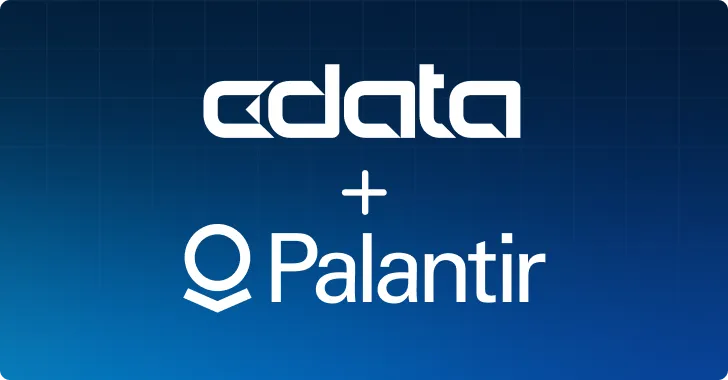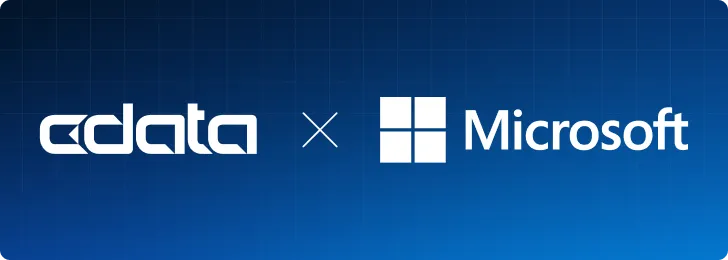
Companies must stay agile and responsive to changes in today's fast-paced business environment. One way to achieve this is by using a business rules engine. Organizations can define rules that govern their operations with a business rules engine, from pricing and promotions to approvals and compliance.
A business rules engine (BRE) takes the guesswork out of complex decisions. Using a centralized engine ensures consistency across your systems and processes, reduces errors, and improves decision-making. This article will explore the benefits of using a business rules engine, how it works, and provide examples of successful implementation in different industries.
What are business rules?
Business rules are statements that define or constrain some aspect of the business. These rules can range from simple if-then statements to more complex decision logic. Business rule engine software can increase efficiency across your organization by automating rule-based processes. Everything from employee onboarding to dealing with customers, BREs lay the foundation for managing operations. Popular examples include:
Workflow-based processes
- Insurance claim processing: An insurance company needs to process claims efficiently and accurately.
- Order processing: Automate the order process from receiving an order to shipping the product.
- New employee onboarding: Guide new employees through the onboarding process efficiently.
- Loan application processing: Streamline the loan application process from application to approval.
Logic-based processes
- Fraud detection: Analyze transaction data and identify suspicious patterns.
- Insurance risk assessment: Assess the risk of insuring a particular policyholder.
- Pricing optimization: Set dynamic pricing for products and services.
- Inventory management: Manage inventory levels and order new stock when needed.
Coding-based processes
- Online price optimization for an e-commerce store: Apply a discount based on customer and order criteria.
The importance of a business rules engines for your organization
A business rule engine (BRE) is software that manages and runs business rules and decision-making processes. Like a hub, it's where business rules are defined, stored, and used consistently across systems and applications.
Companies use these tools to make managing business logic more flexible, consistent, and effective. BREs keep business rules separate from application code. This makes it easier to maintain, change quickly to changing needs, and standardize across systems. They give analysts more power, speed development, and help with legal compliance. They help support real-time decisions, support growth, augment existing processes, and offer cost savings through less development work.
3 Types of business rules engines
Business rules engines come in a variety of shapes and sizes to fit a variety of business needs. In general, they can be broken down into three main groups:
Workflow-based
Designed to execute rules in a specific order, following a predefined workflow. They are best suited for applications that require a high degree of control over the order in which rules are executed.
Logic-based
Uses a set of logical rules to make decisions. They are best suited for applications that require complex decision-making capabilities.
Coding-based
Allow developers to write rules in a programming language. They are best suited for applications that require a high degree of flexibility and customization.
Each rules engine is designed to meet a different business need. For example, workflow and logic based BREs generally offer a high level of process abstraction and are used by business analysts to create and manage complex operations. On the other hand, code-based BREs are designed for organizations with mature IT and engineering teams who can leverage the platform's adaptability to integrate with other systems.
5 Core benefits of implementing a business rules engine
Organizations use business rules engines for numerous reasons, with some of the most prominent benefits being:
1. Improved decision-making
BREs automate complicated and repetitive decision-making processes, ensuring they are done consistently and correctly. BREs eliminate human bias and subjectivity by adding pre-defined rules to data. This lets people make better decisions.
2. Increased efficiency and productivity
BREs free up employees' time and resources for more strategic tasks by automating jobs that used to be done by hand. This often leads to big increases in productivity and better use of resources.
3. Enhanced compliance and risk management
BREs help businesses follow rules and regulations by making sure rules are applied the same way in all areas and processes.
4. Greater agility and flexibility
BREs enable companies to quickly adapt to changing market conditions and business needs. BREs separate business logic from application code so that rules can be changed more quickly and easily without affecting the core systems.
5. Reduced costs
BREs help companies save money in several ways, including:
- Reduced development and maintenance costs: By automating decision-making processes, BREs can eliminate the need for custom coding and scripting.
- Improved operational efficiency: BREs can streamline workflows and reduce errors, increasing productivity and cost savings.
- Enhanced compliance and risk management: BREs can help companies avoid costly fines and penalties for non-compliance.
How to choose the best business engine for your business
To choose the best BRE for your needs, you should first list clear business goals and know what kinds of integrations are needed. Check how well the BRE can handle rule modeling, as well as its ability to scale and perform. Emphasize rule-writing tools that are easy for beginners, decision table support, and robust tracking and debugging tools.
Other core considerations include:
Integration capabilities
Ensure your chosen solution works with all the data and applications within your IT stack. Examine the systems you use today and consider any new technologies your organization plans to onboard in the next 24 months.
Ease of use
Choose a BRE that is easy to use and maintain. It should be simple to understand and change business rules, and the engine should be able to connect to third-party workflow tools using connect APIs.
Scalability
Take into consideration the BRE's potential to scale. Without sacrificing performance, it should be able to manage large datasets and rules without compromising functionality.
Flexibility
Look for a BRE that is flexible and can handle complex decision-making scenarios. It should be able to handle multiple rule sets and provide support for rule chaining and rule templates.
Customization
Choose a BRE that can be customized to meet your specific business needs and ensure your organization can deliver those customizations. For example, if your organization has a low level of IT or engineering maturity, then a code-based BRE may not be the best solution for your business.
Cost
Finally, consider the cost of the BRE. Choose a solution that provides value for money and fits within your budget. Many popular free and open-source BREs are available but remember to consider the total lifetime cost of implementation, including ongoing maintenance. Often the ‘free’ solution costs a lot more in the long run.
Data connectivity and the business rules engine
Imagine driving blindfolded. That's what a business rules engine is doing without data connectivity. It's making decisions based on limited information, potentially missing out on key opportunities, and leaving you vulnerable to risks. For the BRE, data connectivity is the fuel that powers smarter decisions, faster actions, and deeper insights.
At CData, we extend business rules engines through popular integration technologies. Our cloud and driver technologies supply needed data connectivity to a wide range of databases and operational systems. By pulling live data from various sources like customer databases, financial records, market trends, and SaaS platforms, the BRE can make faster and better business decisions.
Example Integrations:
Connected data fuels informed decisions backed by real-time insights and predictive power. CData connectivity gives your business rules engine the power to make informed decisions, react instantly, and optimize everything.
Try it today. Download a free trial
Discover what CData can do for you
Download a free trial to see how CData can integrate your entire tech stack.





